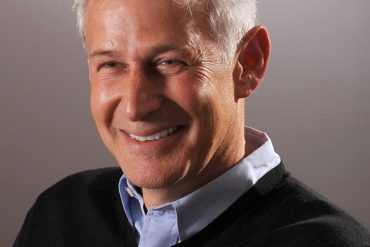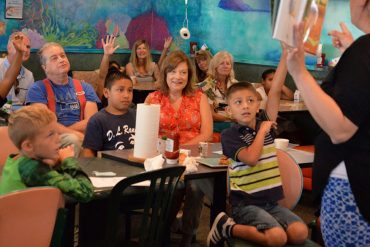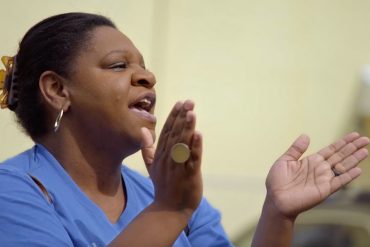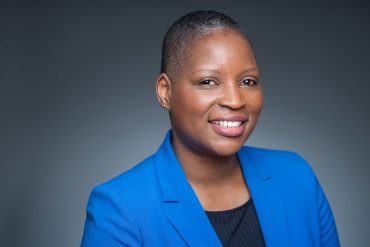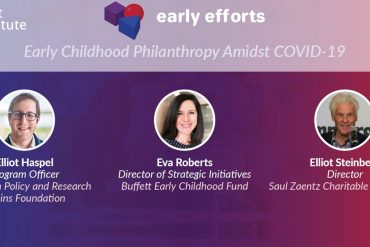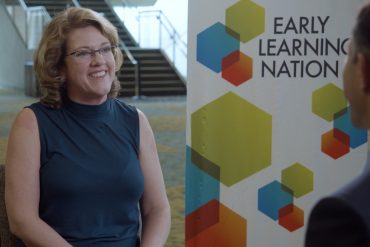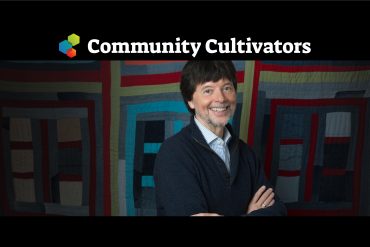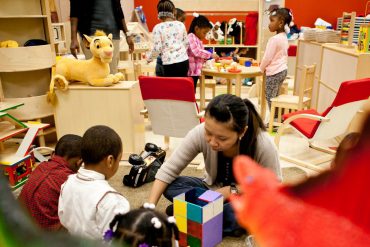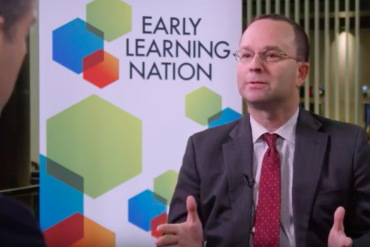5 Takeaways from Jack Shonkoff’s EdRedesign Keynote
Welcome to Our New Column Covering Live Events
On May 19, Dr. Jack P. Shonkoff delivered the Education Redesign Lab (EdRedesign) spring keynote address via YouTube. Among his many distinctions, Dr. Shonkoff—Director of Harvard’s Center on the Developing Child and Professor at Harvard T.H. Chan School of Public Health, Harvard Medical School, and Harvard Graduate School of Education—was awarded the 2019 LEGO Prize for revolutionizing the field of early child development. Here are our notes from his remarks.


